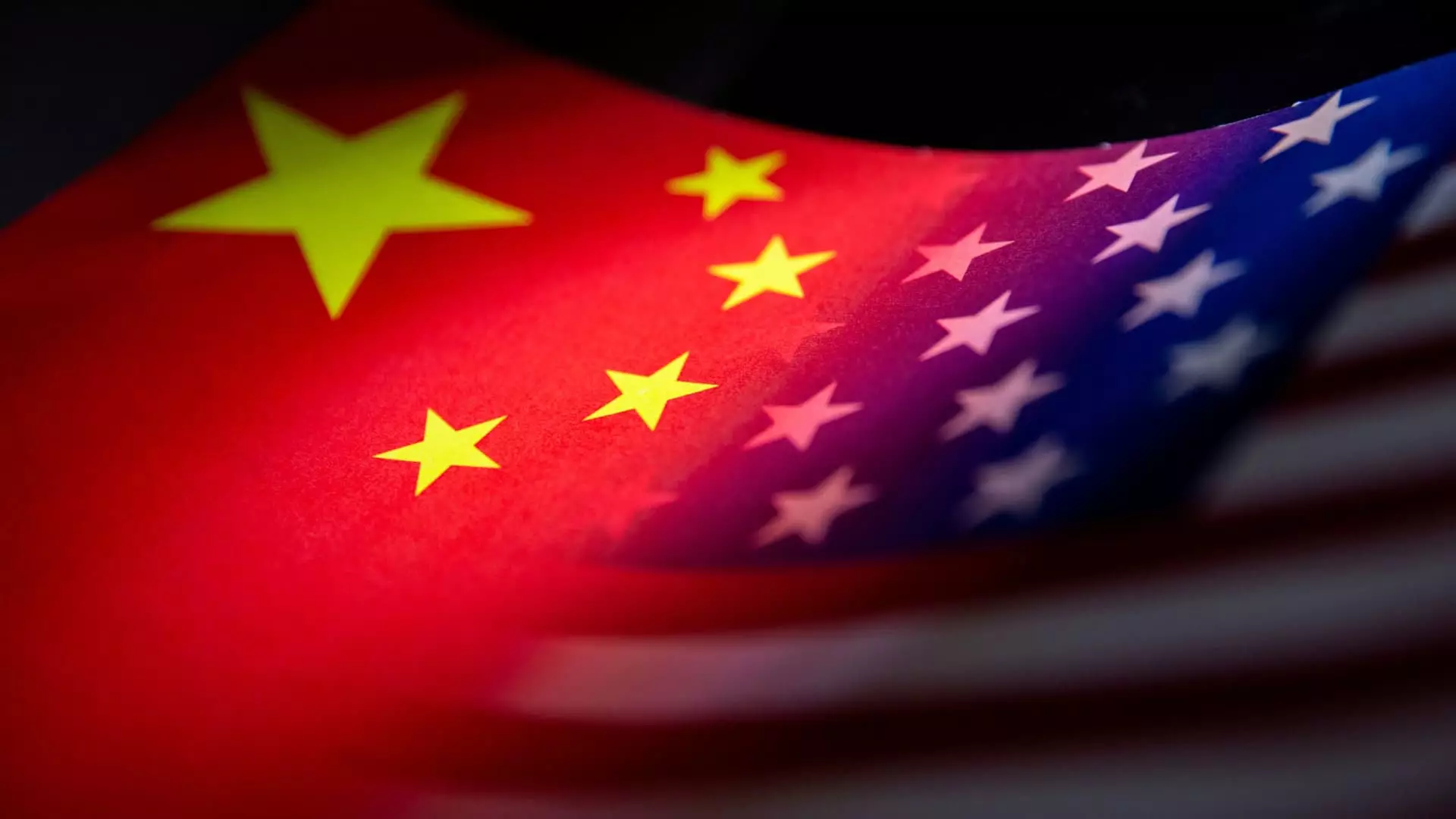In the face of rising trade tensions and geopolitical uncertainty, Chinese President Xi Jinping recently made an impassioned plea to global business leaders to invest in China, highlighting the nation’s stability and economic potential. As the United States continues to ramp up tariffs and scrutiny on Chinese companies, one must question whether such an investment is tantamount to risking capital or seizing opportunity. Despite the backdrop of diplomatic strain, Xi’s assertions deserve a closer examination—especially considering the potential benefits of engaging with one of the world’s largest markets.
Understanding Xi’s Manifesto
Xi Jinping’s rhetoric resonates strongly with advocates of globalization and international trade. By emphasizing the need for multinational companies to collaborate with China, he positions the nation as an integral player in maintaining a “global order.” This appeal was not merely about bolstering China’s own economy but rather acknowledged the responsibility of foreign businesses to realize a shared future. Here lies a paradox: while trade relations are increasingly fraught, Xi argues that investment in China represents a commitment to the future of the global economy.
Investing in China, according to Xi, isn’t just about immediate financial return; it’s about aligning with the long-term trajectory of economic development and innovation. The bullish sentiment behind the phrase “To invest in China is to invest in tomorrow” suggests optimism where others see only chaos. But to navigate this “tomorrow,” one must ask what the implications for corporate responsibility and ethical practices are in a context rife with state intervention and censorship.
The Market Landscape: Risks vs. Rewards
China offers an enticing market opportunity filled with potential growth, particularly for industries like renewable energy, technology, and healthcare. Yet the risks are equally palpable. The Chinese government has an undeniable hold over business practices, which can lead to increased regulation and potential asset seizures, especially in politically charged environments. Furthermore, U.S. companies dealing in China must contend with the unfortunate reality of intellectual property theft, complicating their calculus of investment relative to competitors.
Despite this, the sentiment that “no one can gain from a trade war”—echoed by various Chinese diplomats—is an urgent reminder of the misaligned incentives that come with confrontation. Rapid shifts in trade policy, such as tariffs on U.S. goods or blacklisting companies, can jeopardize long-standing partnerships and lead to a fracturing of supply chains that once thrived on interdependence.
The Strategic Shift: Reaching Beyond the U.S.
As the tension between the U.S. and China escalates, it’s notable that Beijing is actively courting executives from multinational corporations, particularly from the U.S., in a bid to steer its economy towards more stable waters. In the shadow of increasing tariffs, China has begun to pivot, accelerating trade agreements with Southeast Asian nations and the European Union. This highlights an important strategic shift: by reinforcing ties with other markets, Beijing appears to be preparing for a future where U.S.-China relations may not be as favorable.
Interestingly, the recent dialogues with high-profile executives like Apple’s Tim Cook present a unique conundrum: can U.S. firms genuinely separate their operations from growing hostilities, or do they risk irremediable damage to their reputations by entrenching themselves in a rapidly evolving geo-economic landscape? This pivotal question should steer discussions among corporate leaders as they weigh the benefits of investments against potential backlash.
A Call for Balanced Engagement
Global businesses must take heed of Xi’s call to engage while remaining acutely aware of the geopolitical stakes involved. Any decision to invest in China should be underscored by a thorough understanding of the socio-political landscape, ethical considerations, and risk management strategies. While there is undeniable potential in China’s immense market, a heavy investment without the correct precautions could result in devastating losses should the U.S.-China rivalry intensify further.
Moreover, American stakeholders must recognize the shifting reality—both for China and for themselves. Ignoring the growing interconnectedness of global markets could lead to severe miscalculations. As much as diplomatic efforts are essential, company leaders must cultivate a nuanced understanding of China’s ambitions, policies, and potential ramifications for their operations in the United States and beyond.
Ultimately, in this complex chess match, the path to prosperity may lie not in the reactionary responses to tariffs, but in strategic foresight and sustained engagement—while advocating for openness and transparency in trade as a unified front.

